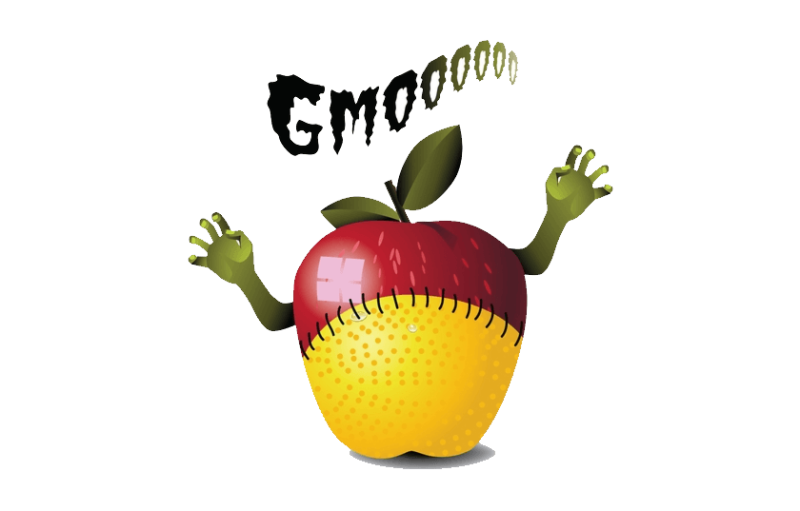Podcast: Play in new window | Download
Subscribe: RSS
Join geneticist Kevin Folta and GLP editor Cameron English on this episode of Science Facts and Fallacies as they break down these latest news stories:
In the early 1990s, researchers tried to engineer bacteria that could turn plant waste into ethanol, the idea being to ferment useless material into useful chemicals that could be used, say, as biofuels. The anti-GMO movement reacted to this effort with unmitigated horror and for many years after used the GM microbes as an example of technology that “could have literally killed every terrestrial plant on the planet.” While the original research was real, the scandal that followed was entirely fabricated, based on a non-existent study which the author later acknowledged in a public apology.
In retrospect, the situation offers some important lessons about the GMO debate.
Subscribe to the Science Facts and Fallacies Podcast on iTunes and Spotify.
Kevin M. Folta is a professor in the Horticultural Sciences Department at the University of Florida. Follow Professor Folta on Twitter @kevinfolta
Cameron J. English is the GLP’s managing editor. BIO. Follow him on Twitter @camjenglish































